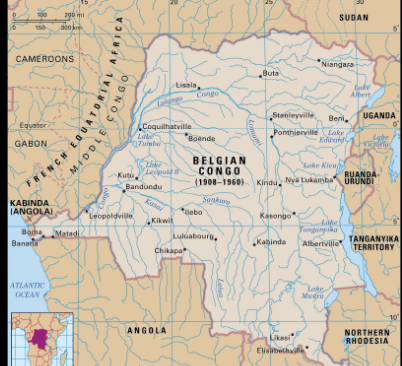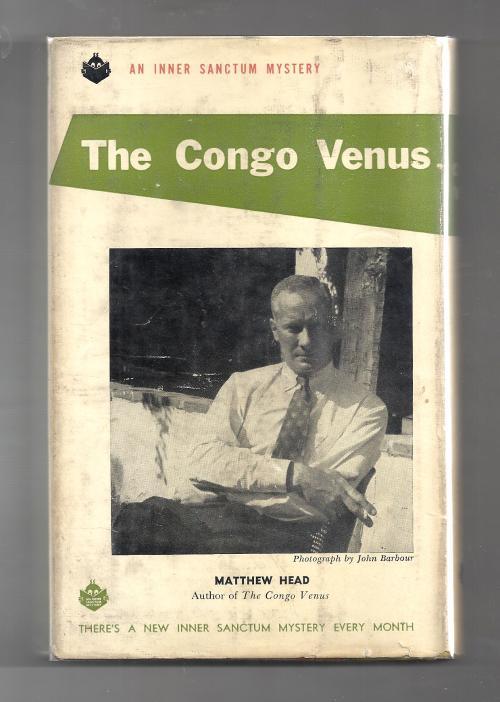Congo Venus (1950)
Good Reads meta-data is 220 pages rated 3.79 by 19 literatizens.
Genre: krimi.
Verdict: Slowly dried the paint.
Tagline: Yakkity yak.
Dateline: Léopoldville, Belgian Congo, 1947.

Gofer has returned to the Belgian Congo with another aide project, this one run by the United Nations. To meet the needs of the plot, the implacable, the unflappable Dr Finney arrives, and Gofer spends page after page telling her what has been happening in the metropolis of Léopoldville with its European population of a couple of thousands and native population many times that but never counted.
After some tooth-grinding banter, Gofer gets to the big news. The reigning beauty queen of the Europeans died of malaria. Long zig-zag account of her beauty and more on what a nice and innocent woman she was. Once dead, rumours began, as they often do, with a denial, i.e., ‘it can’t be true that…’ and ‘I refuse to believe that…’. The hot air roots spread the gossip. That is a clever technique on both levels, reality and fiction.
One rumour is that the doctor who treated Beauty was incompetent and caused her death by prescribing Coca Cola to treat her malaria when it should have been Pepsi Cola. In fact that doctor wrote to the peripatetic Finney to ask her to come to the big city to do a post hoc medical audit of this treatment to save his reputation. No autopsy was done, because in equatorial Africa the cremation was on the day of her death. All Finney has are Doctor’s notes and his records of the drugs dispensed. We get to know and like the alcoholic stereotype Doctor who paints.

Seeing nothing that would precipitate death in a healthy and vigorous young woman, Finney sets out to investigate by talking everyone to tedium. We meet the cipher husband and – insert drumroll here! – his sister-in-law from his first wife who died in a crash years ago. Sis-in-law has been living chastely with Cipher since to raise a niece and housekeep for him, but hopes for further developments. Sis has the vanity of scholar who published a book…large. She presents herself as a grande dame in this wilderness. She is a interesting character at first but soon becomes another cardboard cutout.
Finney figures it all out. Sis descends into madness. The end.
The author’s biography says he did work in Africa. So be it but the locale in these pages is nothing more than a painted backdrop encyclopaedia-article deep. The natives are servants. There is no hint of the egregious and merciless cruelty Belgian colonialism visited upon the region. Nor of its wilful determination to hang onto this colony, from which all that gold in Brussels had been extracted in human flesh, during the opening act of decolonisation in the immediate post war period, leading to a petulant, overnight withdrawal in 1960. It seemed fitting that the Belgians left like thieves in the night only later to return to the scene of their crimes.
There are a couple more Finney books because she got around to Portuguese Africa, too, in that encyclopaedia. Language is no barrier for her. She has yet to run into the United Nations’ man in Africa, the remarkable Ralph Bunch, Cal basketball player and tireless diplomat, a man President Kennedy wanted in the State Department but who declined, preferring to stay at the U.N. Imagine Strom Thurmond giving advice and consent to that nomination. Don’t know Strom? Keep it that way. Bunche you should know.

